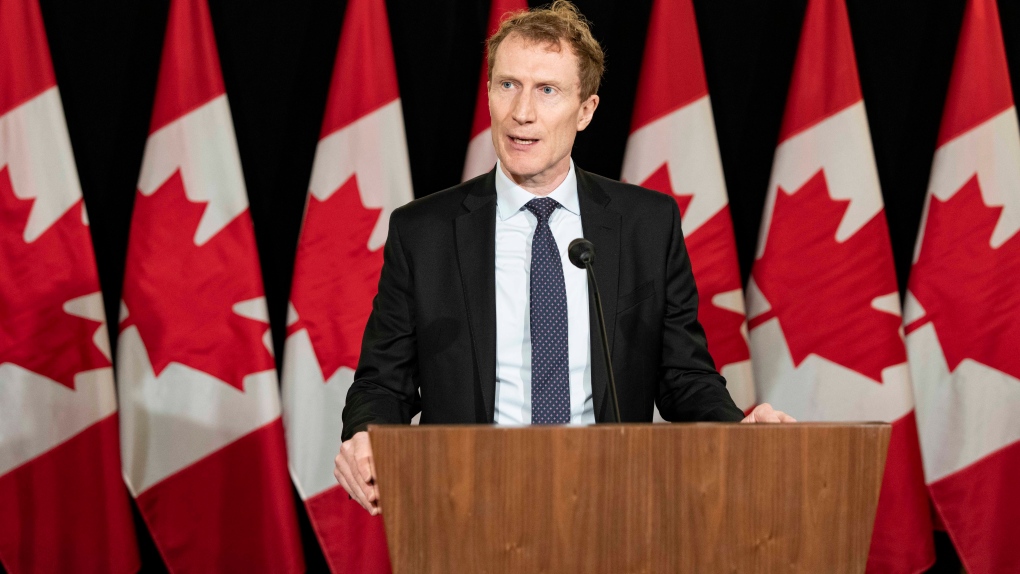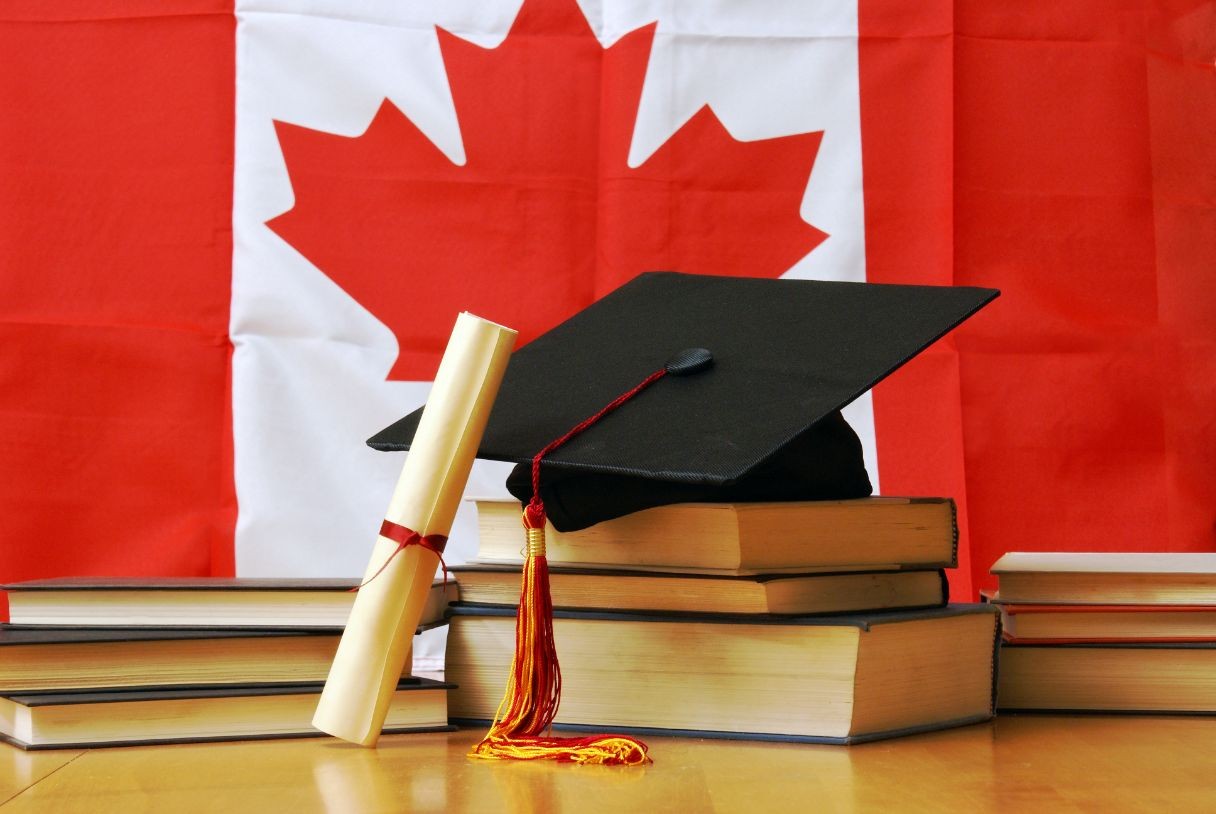In a significant move aimed at addressing housing shortages and strained essential services, Canada’s Immigration Minister, Marc Miller, announced a two-year cap on international student visas. The decision, prompted by a 35% reduction in new study visas for 2024, follows Prime Minister Justin Trudeau’s declining popularity in the wake of the housing crisis. India is the leading source of international students in Canada, with China ranking second.
The cap, limiting new visas to 364,000 from last year’s 560,000, is part of Canada’s strategy to alleviate pressure on housing, healthcare, and other critical services amidst record immigration levels. Prime Minister Trudeau’s cabinet retreat this week in Montreal underscores a focus on prioritizing affordability and housing, with ongoing efforts to stabilize annual entry numbers amid mounting housing challenges.
The government cites a current population of over 1 million foreign students, triple the figure from a decade ago, necessitating intervention to prevent further escalation. Marc Miller highlighted concerns about fraudulent activities within the international student program, with some institutions exploiting high tuition fees without delivering quality education. Instances of students using visas to secure permanent residency have also been flagged.
The proposed measures extend to post-graduate work permits, likely prompting foreign students to return to their home countries. Those pursuing master’s or post-doctorate programs may still be eligible for a three-year work permit in Canada, while spouses of international students in certain programs will no longer qualify, according to Miller.
The impact of these changes will be felt predominantly by students from India and China, who make up a substantial portion of international students. Notably, diplomatic disputes led to an 86% decline in study permit issuances to Indian students last year.
While international students contribute significantly to Canada’s economy, generating approximately C$22 billion ($16.4 billion) annually, the move raises concerns for educational institutions and industries that have expanded in anticipation of a continued influx. Ontario, the most populous province, faces concerns about a shortage of workers due to the cap.
Beyond academia, the labor shortage extends to the food service industry, where international students comprised 4.6% of the workforce in 2023. The immigration of new students has also benefited Canadian banks, as students are required to possess Guaranteed Investment Certificates (GICs) exceeding C$20,000 to cover living expenses.
The decision reflects Canada’s efforts to balance its appeal to international students, popular due to relatively accessible work permits post-graduation, with the need to address housing challenges. A 7.7% year-on-year rise in nationwide rents, coupled with increased demand from migrants and international students, has fueled the housing crisis.
Trudeau’s popularity decline is largely attributed to the affordability crisis, with Opposition leader Pierre Poilievre leading in opinion polls ahead of the upcoming election. The government’s concerns extend beyond housing to the quality of education provided by some institutions.
In emphasizing the need for control over the sheer volume of incoming students, Miller underscores the urgency to significantly reduce numbers in the short term. While the idea of capping foreign student visas was floated in August, the recent announcement signifies a decisive step in addressing pressing issues, according to Housing Minister Sean Fraser.
Keep in the touch with Visa Bud for the recent visa news updates !



